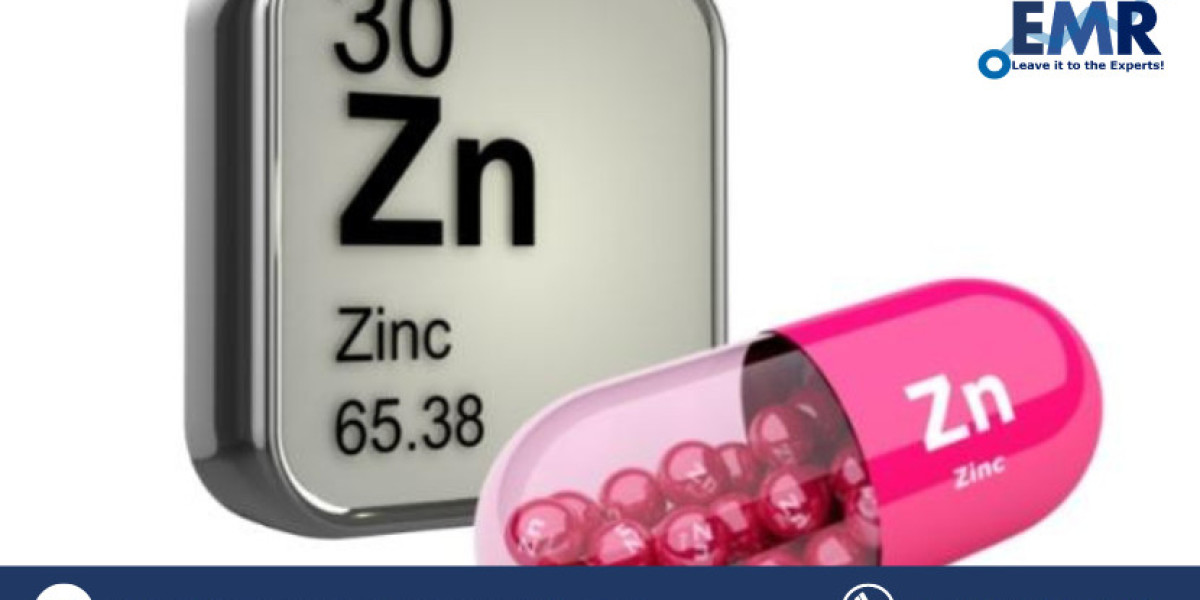A number of studies over the past few years across the globe have found that dietary changes can be the most effective first-line treatment for those diagnosed with type 2 diabetes. Low-calorie diets, fasting diets and plant-based diets have all been shown to be potentially helpful in controlling, or even reversing, type 2 diabetes. Some of the new research set out to better understand what specific type of dietary intervention is best for type 2 diabetics. One of the promising being the low carbohydrate diet.
A low-carbohydrate diet impacts diabetes reversal through several mechanisms, mainly focusing on reducing blood glucose levels and improving insulin sensitivity. Here are key findings from research conducted globally.
Let’s define A low-carbohydrate diet first:
Of the three macronutrients — protein, carbs, and fat — carbs have the most significant impact on blood sugar fluctuations on the body. Carbohydrate intake results in the sudden spike of glucose level in the blood. That’s why we need to restrict the intake of carbohydrates in the body. But how do we exactly define the low carbohydrate regime?
A low-carbohydrate diet can be defined as, “diets with less than 130 g/day or less than 26 percent of calories from carbohydrates based on 2,000 kcal/day requirement.”
What are the Mechanisms of Action of a low-carbohydrate diet?
- Reduction in Blood Glucose Levels:
- Low-carbohydrate diets restrict the intake of carbohydrates, which are the primary source of glucose in the body. By consuming fewer carbs a few times, the body has less fluctuation of glucose levels in the body.
- Low-carbohydrate diets over a longer period have also been a contributing factor in losing weight. It has been found to reduce weight by over 10 kgs over a period of 12 months.
- Improved Insulin Sensitivity:
- Carbohydrate restriction reduces the demand for insulin, allowing the pancreas to function more effectively and improve insulin sensitivity.
- Reduction in Medication Use:
- Lower carbohydrate intake reduces the necessity for medications in managing diabetes. This was evident in the Indiana University study, where about 60% of participants using insulin stopped needing it entirely.
Global Findings
- United States:
- The systematic review and meta-analysis published in the BMJ concluded that low-carb diets are the most effective for achieving diabetes remission compared to other dietary approaches. The research analyzed data from various clinical trials globally and found a significant remission rate with low-carb diets over a six-month period.
- United Kingdom:
- The Diabetes Remission Clinical Trial in the UK demonstrated that a very low-calorie diet, which included elements of carbohydrate restriction, resulted in 46% remission after one year and 36% after two years.
- India:
- A study combining continuous glucose monitoring with dietary advice to reduce carbohydrate intake showed a 63% remission rate after one year, highlighting the effectiveness of carbohydrate reduction in diabetes management.
- Australia:
- Research by CSIRO found that low-carb diets led to higher rates of diabetes remission and significant improvements in blood glucose control. However, they noted that the long-term sustainability of these benefits requires further investigation.
Conclusion
As a start, it is recommended to gradually reduce higher-carb diets and replace them with more substantial portions of protein and Fat.
ICMR has recently come up with detailed guidelines on our food intake.
The ICMR stresses the importance of consuming a host of foods from varied food groups to ensure a balanced intake of essential nutrients. A balanced diet includes:
Cereals and Millets: Go for whole grains like brown rice, whole wheat, and millets such as ragi, bajra, and jowar. These cereals are packed with dietary fibre, vitamins, and minerals.
Pulses and Legumes: Include a variety of pulses (dal) and legumes in your diet. Legumes and pulses are an impressive source of plant-based protein, fibre, and essential micronutrients.
Fruits and Vegetables: Aim for eating at least 4-5 servings of fresh fruits and vegetables daily. They provide essential vitamins, minerals, and antioxidants.
Animal-based Foods: Include moderate amounts of milk and milk products, lean meats, fish, poultry, and eggs. These foods are an abundant source of high-quality protein and essential fatty acids.
Fats and Oils: Use healthy fats and oils like mustard oil, groundnut oil, and olive oil in moderation. Avoid trans fats and limit saturated fats.
To prevent obesity and related disorders, the ICMR recommends:
Portion Control: Pay attention to portion sizes to refrain from overeating. Use smaller plates and bowls to help to have a check on portions.
Moderate Intake of High-Calorie Foods: Limit the consumption of high-calorie foods, especially those rich in sugars and fats, such as sweets, fried snacks, and sugary beverages.
Physical Activity
The framed guidelines highlight the importance of regular physical activity for maintaining a healthy weight and overall well-being. Aim for at least 30 minutes of moderate-intensity exercise, such as brisk walking, cycling, or swimming.
Active Lifestyle: Incorporate physical activities into daily routines, such as taking the stairs, walking short distances, and engaging in household chores.
Adequate Water Intake: Drink at least 8-10 glasses of water daily. Hydrate more if engaging in physical activities or during hot weather.
Healthy Beverages: Opt for beverages like coconut water, buttermilk, and fresh fruit juices without added sugar. Avoid sugary drinks and excessive caffeine.
Reduce Salt and Sugar Consumption
High intake of salt and sugar is linked to various health issues. The guidelines advise:
Limit Salt: Reduce salt intake to less than 5 grams per day. Avoid processed foods high in salt and use herbs and spices for flavoring.
Cut Down on Sugar: Restrict added sugars to less than 10% of total daily caloric consumption. Minimize consumption of sugary snacks, desserts, and sweetened beverages.
Some Ayurvedic medicine has recently been found to be very effective in managing type 2 diabetes naturally. Please check with your physician/dietitian to start your ayurvedic medicine to control your type 2 diabetes naturally.
https://liwohealth.in/products/chini-mukti-capsule-for-diabetes
References:
- https://news.umich.edu/liquid-low-calorie-or-low-carb-keto-diet-can-reverse-type-2-diabetes-research-shows/
- https://newatlas.com/health-wellbeing/metastudy-low-carb-diets-reverse-type-2-diabetes/
- https://news.umich.edu/liquid-low-calorie-or-low-carb-keto-diet-can-reverse-type-2-diabetes-research-shows/
https://main.icmr.nic.in/sites/default/files/upload_documents/DGI_07th_May_2024_fin.pdf















